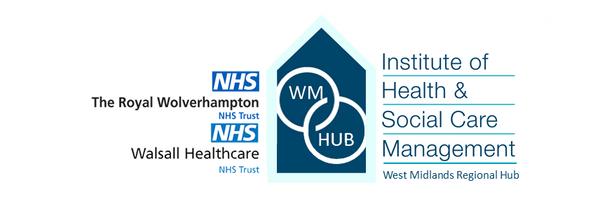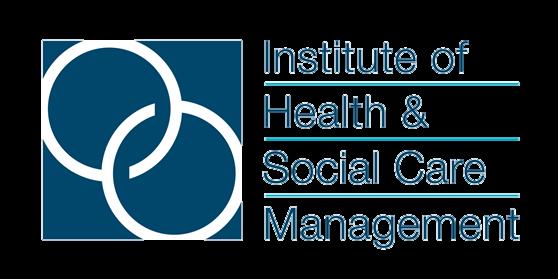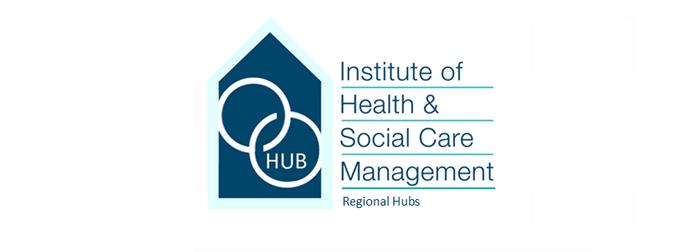
5 minute read
West Midlands - Integrated Care Systems - Are the Allied Health Professions Fully Informed
Integrated Care Systems – Are Allied Health Professionals fully informed?
Author:Dr Nicky Eddison and Dr Ros Leslie Trust : RWT

Providing episodic treatment for acute illness, dictated by a medical model, is not a sustainable healthcare model. The NHS must provide collaborative and proactive support for a growing and ageing population and people living with complex needs who receive care and support from a variety of health and social care professionals. Reducing barriers between services and focusing on population health and wellbeing. Thus, instead of working independently every part of the NHS, public health and social care system will need to seek ways to connect, communicate and collaborate so that health and care needs are met.

NHS England’s plan to implement integrated care through partnerships between the NHS and local authorities (Sustainability and Transformation Partnerships (STPs)) has already seen the development of the first “Integrated Care System” (ICS).

July 2022

The Health and Care Bill will put ICSs on a statutory footing from July 2022, with the ultimate aim of every part of England being covered by an ICS by 2029. Working together is the organising principle of these systems, to ensure integrated care between hospitals and communitybased settings, mental health, and social care. Thereby reducing competition, creating shared leadership and action, and encouraging collaboration to meet the health and care needs across an area. With the ultimate aim to impact population health, prevent ill health, tackle wider determinants of health and reduce inequalities between different groups.




The success of the ICS model relies on collaboration between and across groups throughout the healthcare spectrum.
How informed are Allied Health Professionals on the impending Integrated Care Systems?

With more than four million patient contacts every week4, working across organisational boundaries and providing patient-centred high-quality care means the work Allied Health Professionals (AHPs) do is integral to most clinical pathways, and are key to providing integrated care. Thus, it is essential that AHPs understand ICSs, the impact they have on services and what AHPs can do locally and nationally to help shape them. AHPs would, therefore, welcome guidance and information from the professional bodies. Discussions with the AHP leads at the Royal Wolverhampton NHS Trust (RWT) indicate that either the engagement of AHP professional bodies with their members has been lacking, or members are not aware that advice and guidance exists.


July 2022



July 2022



Physiotherapists appear to be well informed by their professional body, the Chartered Society of Physiotherapy (CSP), has used its media platforms to inform members. CSP regional groups have also provided a wealth of information to members through a series of webinars. Likewise, the Royal College of Speech and Language Therapy has provided its members with a summary document that describes the implications of ICSs and the opportunities for Speech and Language Therapists. Finally, the Association of Ambulance Chief Executives (AACE) have consulted all the ambulances services regarding ICS, producing a document that describes an organisational response to the NHSEI consultation on Integrated Care Systems. This document does not, however, encompass all Paramedics working outside of the Ambulance Service and the Paramedics at RWT are not aware of any information coming forth from The College of Paramedics.

Interestingly, in January 2019, The Chief Allied Health Professions Officer looked at the NHS Long Term Plan and what it means for AHPs, in a blog8 and advised that, by working with colleagues across health and care, AHP leaders would identify how best to support Integrated Care Systems. Since then, we have seen the rapid growth and development of AHP Councils to support the new ICSs by providing a hub of AHP expertise and advice and raising the profile of the AHP workforce to maximise their contribution to transformed health and care service. Perhaps AHP Councils should do more to facilitate communication within partner organisations and with AHPs at their place and local level.

July 2022

AHP Councils and the professional bodies must do more to empower a strong AHP voice within the ICS structures as system-wide integrated care must involve AHPs working collaboratively across multiple sites and as part of multidisciplinary teams. It is essential, therefore, that the AHP professional bodies and councils effectively engage with their members and advise them of the opportunities that ICSs present. A lack of oversight or guidance to date has meant that, for many AHPs, there has been no clear sense of what their contribution or responsibilities should be.


The time for engaging with everyone who will play a role in ICSs is now. In order to ensure our health service is sustainable over the coming years, we must unleash the insight and brilliance of our AHP workforce4, with their wealth of knowledge and expertise they must be part of the conversation, but they can only do this if they are fully informed and know their value


Dr Ros Leslie is the Non-Medical Research Lead and Chief AHP


Dr Nicky Eddison is an Associate Professor and AHP Research Lead.










